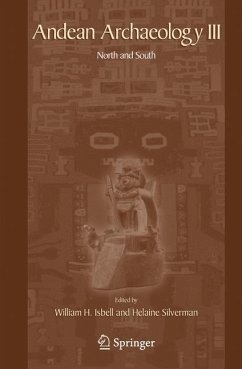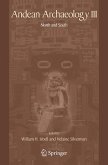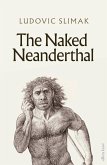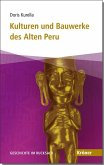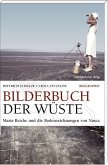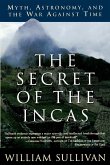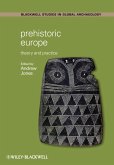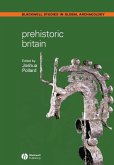Andean Archaeology III represents a continuation in our effort to highlight the ?nest of current archaeological scholarship conducted in the Central Andean c- ture area. Each paper contributes in a signi?cant way to understanding prehistoric processes in the Central Andean culture tradition, adding importantly to the rich base provided by Andean Archaeology I and II. As in those former volumes we do not seek a balanced presentation of the entirety of the Andean past, but instead showcase what is new, what is innovative, and what is controversial in thinking about and investigating the great sweep of Andean cultural development. We wholeheartedly agree with Pauketat (2001:xiii) that it is "more satisfying to compare how cultural phenomena happened," than for researchers to hasten to answer "why questions" that tend more to "reify their initial assumptions" than to inform us about prehistoric people and their embodied, cultural practices. We supporttherevitalizedstudyofsocioculturalevolution,especiallythatchampioned by Bruce Trigger (e.g., 1998, 2003), which has bene?ted by several decades of valuable critique. Ontheotherhand,explanationsofthepastnotbasedoncomparisonsofhistorical processes carefully argued from well-studied archaeological records sacri?ce the rigor that was such an important part of the ?rst processual archaeology advocated byLewisBinford(1962,1964,1972;Sabloff1998;seealsoYoffee2005interalia). In some recent and current Andean archaeology we ?nd explanatory conclusions, especiallyprocessualevolutionarytransformations,andclimatechange-basedrise or collapse accounts, to have been reached too hastily, constituting more of a reading of material remains in terms of theoretical expectations than a rigorous interrogation of thearchaeological record.
Hinweis: Dieser Artikel kann nur an eine deutsche Lieferadresse ausgeliefert werden.
Hinweis: Dieser Artikel kann nur an eine deutsche Lieferadresse ausgeliefert werden.

